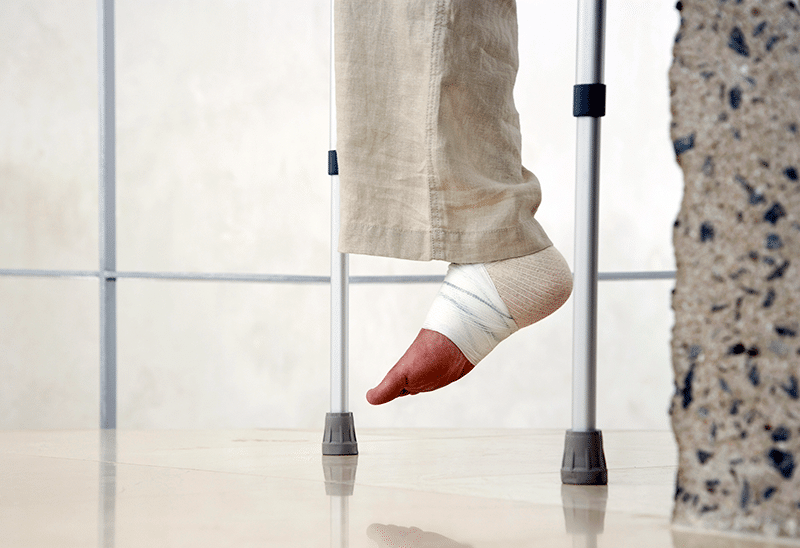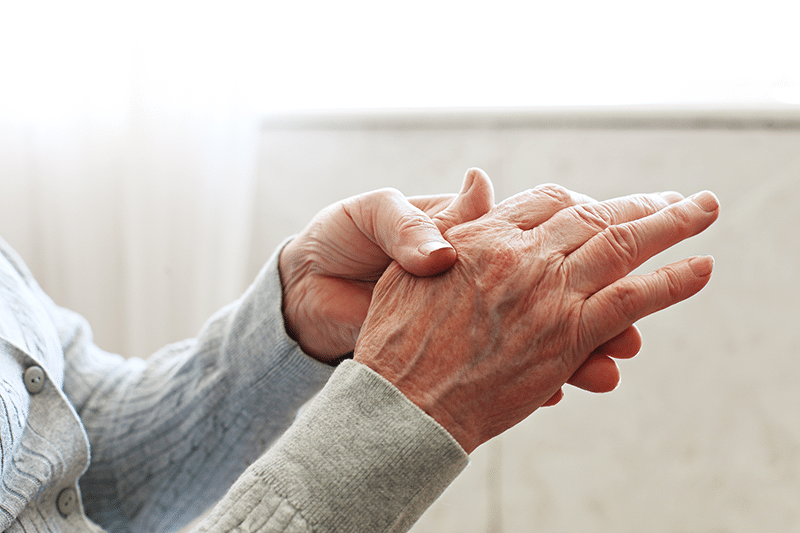According to the National Institute of Health, insomnia is the complaint of inadequate or poor-quality sleep due to difficulty falling asleep, waking up frequently during the night, waking too early in the a.m. and/or poor sleep.
Most Common Causes of Insomnia:
- Anxiety
- Stress (move, divorce, loss of loved one, work-related)
- Caffeine (stimulant)
- Nicotine (stimulant)
- Environmental noise & extreme temperatures
- Changes in your routine (work, environment, travel)
- Alcohol (sedative disallows deep restorative sleep)
- Depression (causes irregular sleep patterns ie: too much sleep, not enough)
The contributing causes of insomnia may include:
- Sleep Apnea – abnormal pauses in breathing or abnormal low breathing (snoring).
- Narcolepsy – excessive daytime sleepiness, extreme fatigue at inappropriate times
- Restless Legs Syndrome -discomforting sensations throughout legs & need to move legs to relieve
- Environmental factors – research is being done on links between viral infections and air pollutants
- Genetic problems – increase susceptibility, may affect brain development and brain cell communicaton
Factors that contribute to insomnia:
- Female gender (especially after menopause)
- Advanced Age (over age 60)
- History of Depression
Acupuncture treatments provide a safe, natural way to alleviate insomnia. The Traditional Chinese Medicine (TCM) sees the human body as an integrated being. It works with vital energies inherent within all living things to promote the body’s ability to heal itself. Qi (pronounced “chee”) is a vital energy that flows through meridians, pathways that run throughout the entire body. Qi protects the body from illness and provides nourishment to cells, tissues, muscles and organs. During acupuncture treatments, fine, sterile needles are inserted at specific acupoints along these meridians to promote sleep, enhance relaxation, reduce stress hormones, balance hormonal systems, and promote mind-body wellness.
Acupuncture practitioners recommend a holistic health approach inclusive of herbal remedies, massage and stretching. According to Eastern holistic medicine, treatment of autism requires lifestyle changes with overall health as its goal.
- Exercise increases flexibility, maintains weight and strengthens muscles
- Diets low in caffeine and nicotine
- Stress reduction through breath, meditation and yoga
- Achieving a balance of relaxation and daily activities



